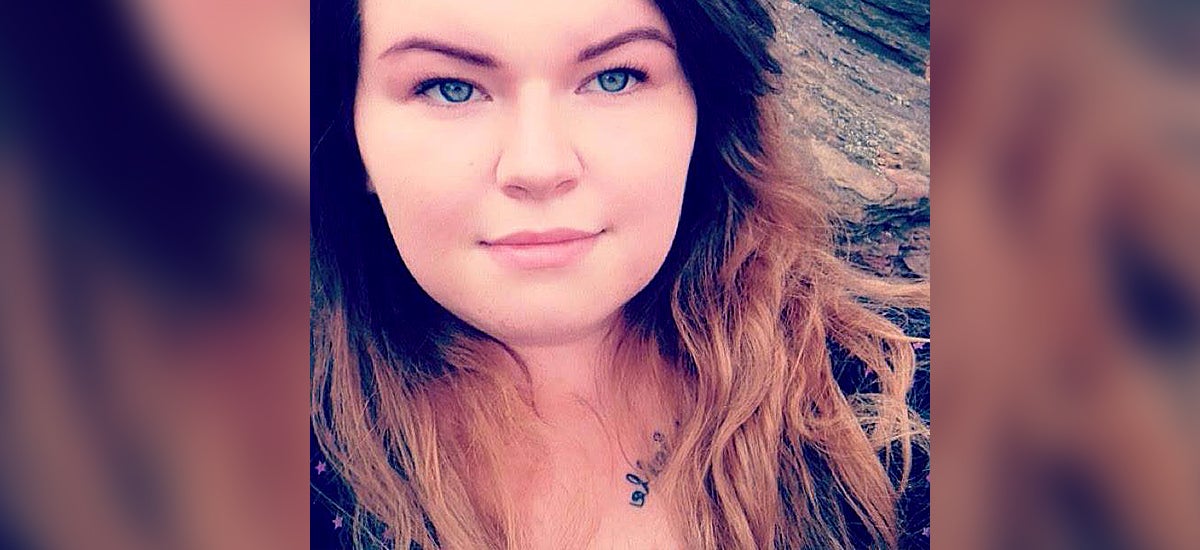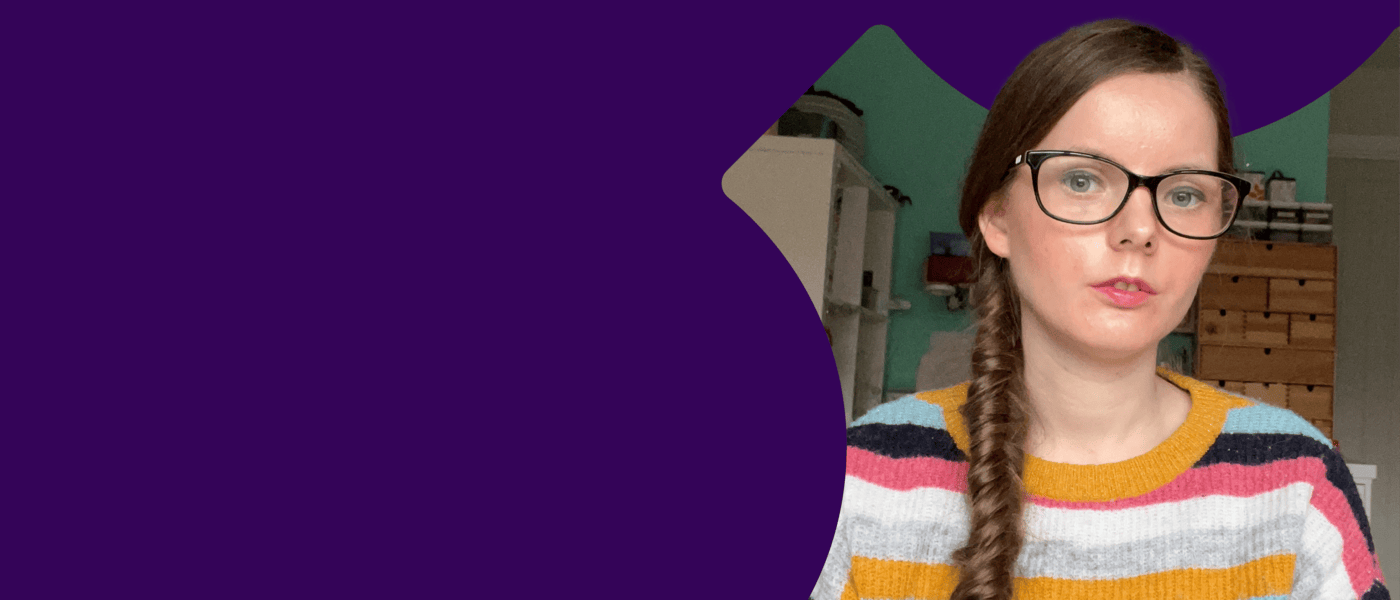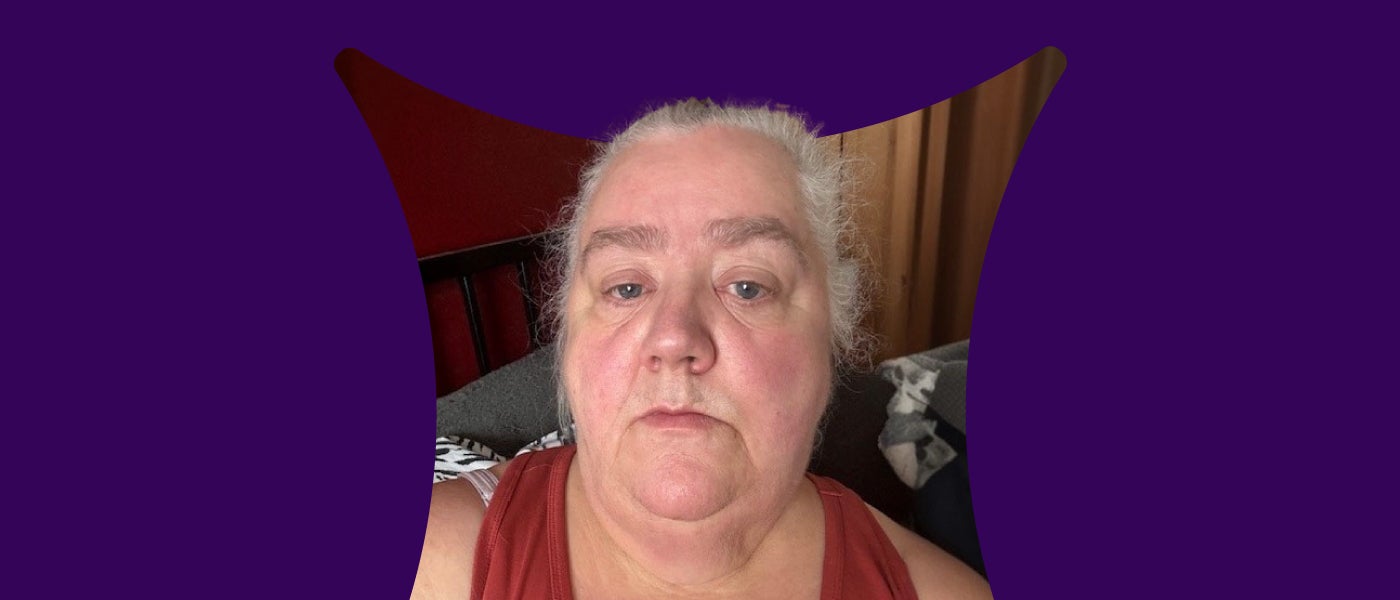- Home
- News and stories
- I don’t think mental health needs are being considered at all
I don’t think mental health needs are being considered at all
 16 September 2020
16 September 2020
I’m Nikki, a graduate from the 2020 Scope for Change programme, Scope’s youth campaigning programme.
I’ve personally got experience with a lot of different diagnoses but overall, the ones that tend to stick are Schizoaffective Disorder, Borderline Personality Disorder, and Post-Traumatic Stress Disorder.
I also struggle with addictions and an eating disorder.
I was sectioned after lockdown started
At the very start of the lockdown, I was struggling with different issues, mainly with addiction. I was using drugs quite heavily just to cope with how isolated I felt.
It shouldn’t have gotten to that point. I’d been asking for help with my addiction issues for a very long time and, because of Coronavirus, they couldn’t give me any support. They kept saying, “we can’t do anything because of the Coronavirus, we’re not offering the support we would usually offer.”
It caused a psychotic episode, so I was sectioned under the mental health act at the very start of the pandemic.
My psychosis was very heavily centred around Coronavirus. I started believing that the Coronavirus was going to kill absolutely everyone and then, after that, the planet would be invaded.
I was taken to a psychiatric hospital and held there for six days until I was allowed to go home.
It shouldn’t have gone that way
Because of lockdown, the home visits all stopped. So, when I reached crisis point, I needed to go into hospital but I might not have needed to had I got the crisis support earlier.
Reaching out to people is so important when it comes to mental health because, without a support network, it’s really hard to stay well.
I know everyone’s in the same boat, but I think when you have a disability, you really do need that input.
I ended up getting sectioned because of it, and it didn’t have to go that way. Getting the right support for people with mental health problems should always be an essential NHS service.
Disabled people are not a priority for the government
I think the mental health of the whole nation is suffering at the moment, and I think the government has not done enough to protect people like me.
They’re not giving any information about what people should do if they have a mental health crisis or what disabled people should do if they’re struggling.
There should be more communication about what to do during lockdown if you’re in a mental health crisis because, at the moment, a lot of people’s mental health is suffering, and there are a lot of people reaching crisis point.
They’ve been saying, “if you have a stroke or if you have a heart attack, please do use the NHS because it’s still there and it’s open for you.” They’re not saying that about mental health.
That’s information that they haven’t given and it’s a lot of people that they’ve forgotten.
I don’t think mental health needs are being considered at all
When it comes to mental health, they’re completely lacking. There’s been a surge in the number of people experiencing depression and anxiety. These sorts of things aren’t being considered by the government.
People with mental health conditions have been ignored for a long time, and they keep being ignored through this pandemic.
People need proper support.
Some people with chronic conditions need support workers, medication, input from mental health services. Some people need hospital admissions and they’re still being sent all over the country because there are no beds. The way the services are being run just isn’t good enough.
That’s been a problem before lockdown, but lockdown has heightened it and, with their plans to come out of lockdown, they’ve not even considered disabled people.
The communication just isn’t there.
Coronavirus has been a disaster for disability equality. Support disabled people like Nikki.
Read more about our campaign to ensure disabled people are included in government plans for recovery and take action.
Together we won’t be forgotten. #WontBeForgotten
 16 September 2020
16 September 2020








